Page Up Date 10.15.2019
How to wash fruits and vegetables
By Dr. Ashraf Girgis ND.
|
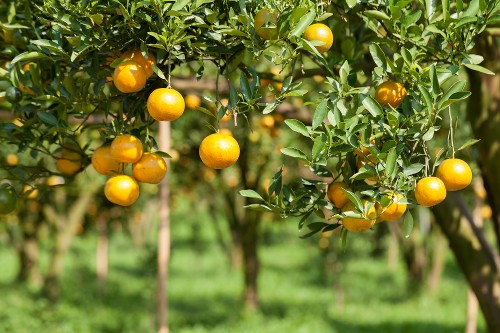
|
One of the major dilemmas we have in eating fruits and vegetables is wondering if they are free of toxins. Most of us cannot afford to eat organic fruits and vegetables, and even when we do, it is not guaranteed that will be uncontaminated and therefore free of toxins. So what do we do about this?
|
|
|
|
|
One review study performed by two Stanford investigators and published on September 4, 2012 (1) may shed some light on this question. The review looked at 17 studies of humans and 223 studies of contaminant and nutrient levels in different foods. In three of the studies, there were no significant differences in allergic reactions or Campylobacter infections (a type of gram-negative infection) when subjects ate regular or organic produce. By contrast, however, two of the studies found significantly lower levels of pesticides in the urine of children who
ate organic food compared to the children who ate non-organic food. Nutritional values in organic and non-organic foods were fairly similar, with the exception of high phosphorous in the non-organic grown food. Additionally, the risk of pesticide contamination was 30% lower for organic consumers. The researchers concluded: “The published literature lacks strong evidence that organic foods are significantly more nutritious than conventional foods. Consumption of organic foods may reduce exposure to pesticide residues and antibiotic-resistant bacteria” (4).
|
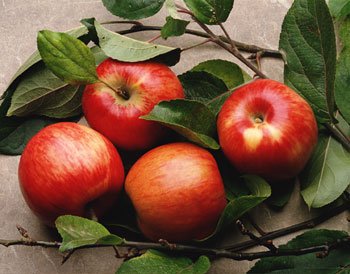 |
|
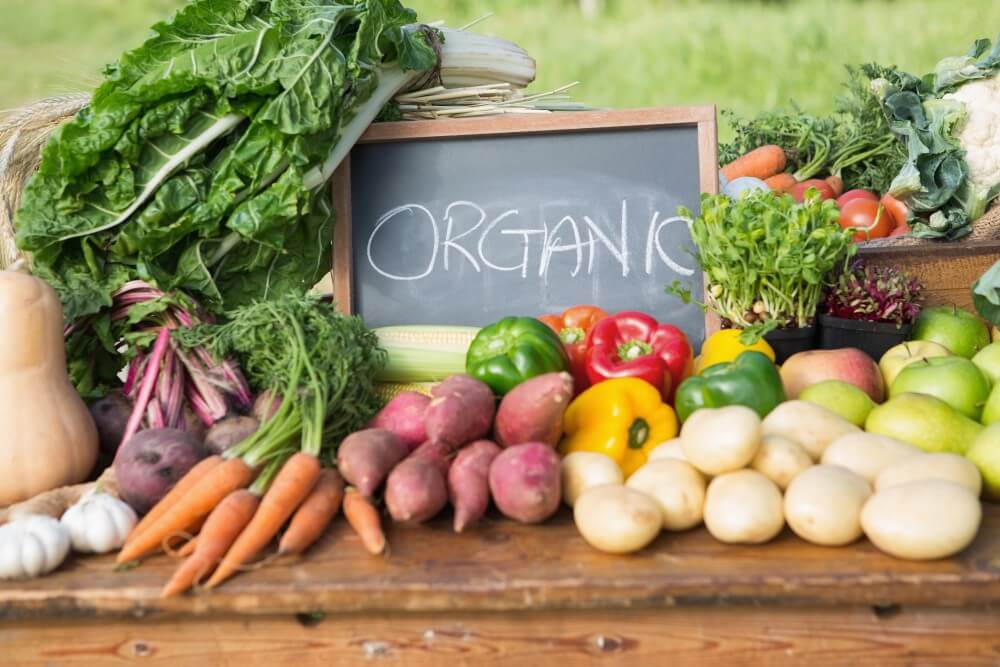
|
In a different study published in the Journal of Alternative and Complementary Medicine Vol. 7, No. 2, however, Virginia Worthington stated that “There appear to be genuine differences in the nutrient content of organic and conventional crops.” Worthington’s study noted significantly more Vitamin C, iron, phosphorus and magnesium in organic foods than in non-organic foods, as well as less nitrate and less heavy metals.
In terms of health effects, the above studies demonstrate how confusing scientific findings about organic food have been. But there is another aspect to consider as consumers: although the price of our health cannot be measured in monetary value, the high price of organic food is felt in our pockets. Many of us shy away from organic food for this exact reason.
Many consumers are concerned about added chemicals in healthy food. Unfortunately, corporations that seem to care only about profit have taken over agribusiness. They prioritize money over the health and wellbeing of the individuals buying their produce. This has detrimental long-term health effects on consumers. Considering the rising cost of health care and the huge burden this puts on the government and nation as a whole, one would expect more supervision by the government on agricultural products. The government could do more work to curtail the consumed amounts of hazardous materials which are jeopardizing our health by causing cancer, autoimmune diseases, and more. Yet the government has few regulations in place to do this.
|
|
The apple is a great example of this. We have all heard that an apple a day can keep the doctor away, but often, in order to keep apples from going brown in the store, many producers add a chemical called diphenylamine (DPA). A European commission banned the use of DPA on apple on any fruits in 2012. This effectively banned American apples from the European market, unless they were organic (7). Meanwhile, people in Washington state go on believing their apples are best in the world. However, DPA breaks down into a cancer-causing
chemical called nitrosamines, making these apples bad for one’s health.
It is not just apples. Europeans object to Americans feeding drugs to pigs, antibiotics to chickens, and so on and so forth. Nitrosamines can be found in smoked foods, beer, processed meat, preserved vegetables and
fish. And these are not the only foods with added chemicals. For example, did you know the Mac ‘n Cheese powder from Kraft-Heinz contains phthalate, a chemical which is added to plastics to improve flexibility, durability, longevity? Estimated doses found in Mac ‘n Cheese powder and processed cheese by Kraft-Heinz are .2mg (parts per million, ppm)/kg to 2.5 ppm. In terms of environmental protection, the safe dose for phthalates is 0.1 and 0.01ppm (10). To find out about other added chemicals in food, please feel free to visit www.ewg.org
|
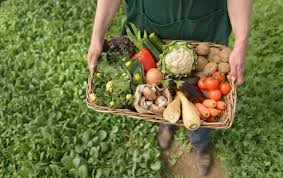 |
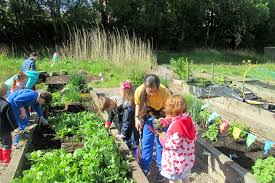 |
Before you throw in the towel and say “Enough, why are corporations are allowed to play with our health for profit?”, decide when you vote for your elected officers next time to elect those who can work for the people, instead of corporations. But in this article, I would like to focus on what can we do to protect ourselves from additives and pesticides and chemicals in our food. Here are my suggestion about how to protect yourself when buying fruits and vegetables.
1. Join community gardens and grow your own vegetables and fruits. You can read my article here.
2. If you are passionate about health and the environment, become an activist supporting your local organic products. Fight with your group against agribusinesses which add toxins to our food and water. Demand labeling of GMO( genetically modified or engineered) food.
3. If you can afford it, try to buy organic, despite the controversial outcomes of various studies about the number of nutrients and minerals in such foods. We can trust our taste buds and see that organic fruits taste much better than conventionally grown ones. Millions of people each year fall ill from contaminated food. This applies to produce as much as it does to animal products. I’m sure everyone remembers the recent E. coli outbreak with Romaine lettuce.
|
|
-For a product to be qualified as organic, 95% of it has to have organic ingredients. This means that certified organic foods have very few GMOs, pesticides, or syntactic fertilizers, as well as no artificial flavors preservatives. As for organic animal products, they have to be drug and hormone-free, and fed organic as well.
Some of the toxins found in conventionally grown foods can be carcinogenic, while others may be endocrine disruptors or goitrogenic pesticides which cause many inflammatory diseases through the damage they cause to DNA. This not done directly, but by the induction of cytochrome P-450. Some pesticides are the cytochrome P?450 inducers; cytochrome P-450 is an enzyme involved in the breakdown and metabolism of some chemicals and molecules.
|
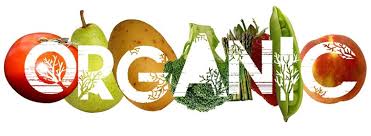 |
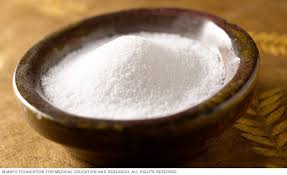 |
Here, I would like to bring attention to how you can wash your conventionally or organically grown fruits and vegetables to get rid of harmful toxins:
1. In a study done by Chinese scientists published in November 2006, researchers tried to wash cabbage with water, vinegar and salt at a ratio of 10% for 20 minutes. Both vinegar and salt were equally effective in getting rid of common pesticides. Water was not as effective as salt and vinegar (14). A study at the University of Maine suggests soaking greens in a mixture of
vinegar (1/2 cup distilled white vinegar to 2 cups of water) and letting it sit for 5 minutes before rinsing with water. This technique can reduce but not eliminate total bacteria contaminations.
|
|
2. You can also simply wash the fruits and vegetables with cold water. The same study from the University of Maine looked at washing produce with cold water versus three other cleaning products labeled for getting rid of pesticides. They found that two of the products were just as effective as the water, while one product was less effective than water (15). Washing produce in the sink inside a colander removes the pesticides through water pressure. Afterward, you can let it sit there to get rid of excess water (11). If you like to wash root vegetables like potatoes, it is good to use stiff brush and then rinse with water. For mushrooms, use a gentle brush and rinse with water.
|
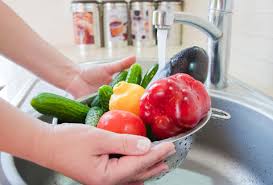 |
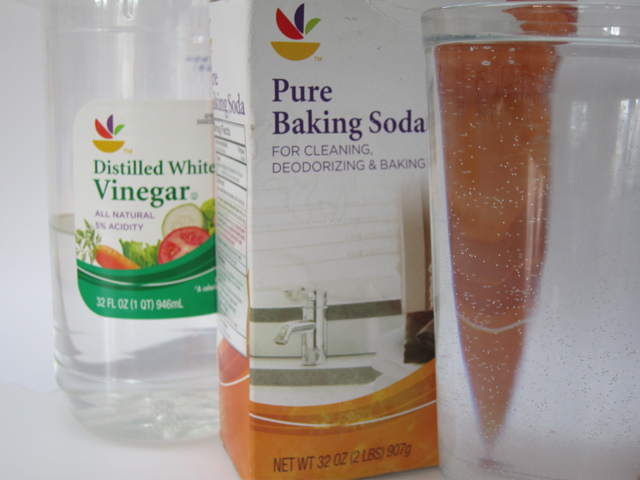 |
However, if you are washing waxed fruits, pesticides and germs can be trapped under the wax. It is recommended to wash these with distilled water, since it is free of germs. In one study on the removal of pesticides from apples, scientists have found out that sodium bicarbonate (baking soda, NaHCO3) was the most effective in comparison to tap water or Clorox bleach (16). The University of Massachusets did a similar study by soaking fruits and vegetables for 15 minutes in a mixture of two spoonfuls
of baking soda in a liter of water. This technique got rid of almost all pesticides (17).
|
|
Thanks for visiting www.curenaturally.org, where ancient wisdom meet today’s science.
For questions or issues feel free to
Call 616-777-0608 or email Dr. Girgis directly at: contactcurenaturally@gmail.com
Thanks,
Ashraf Girgis,ND
|
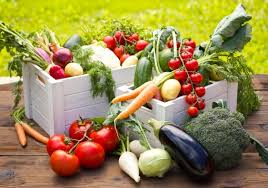 |
|
|
|